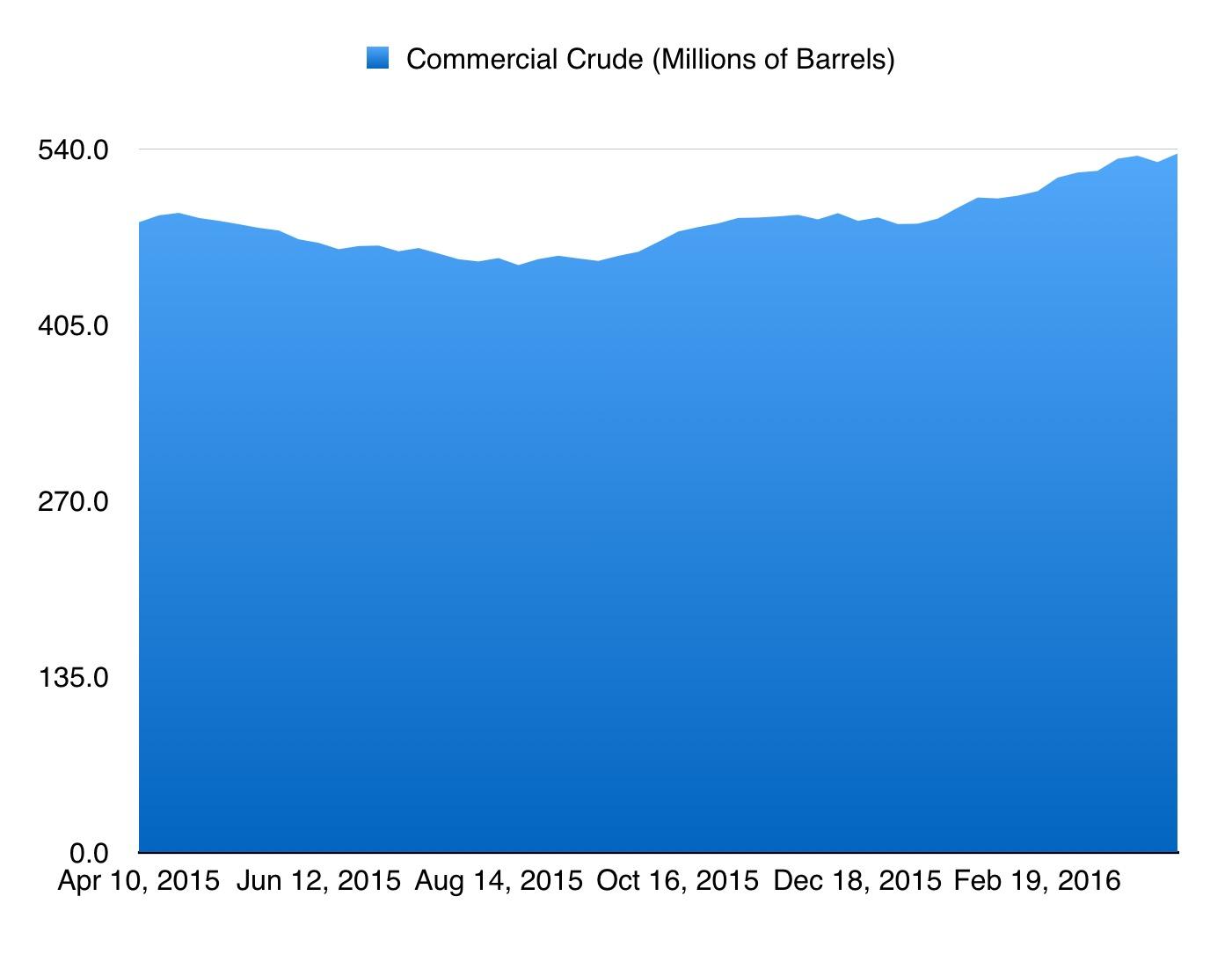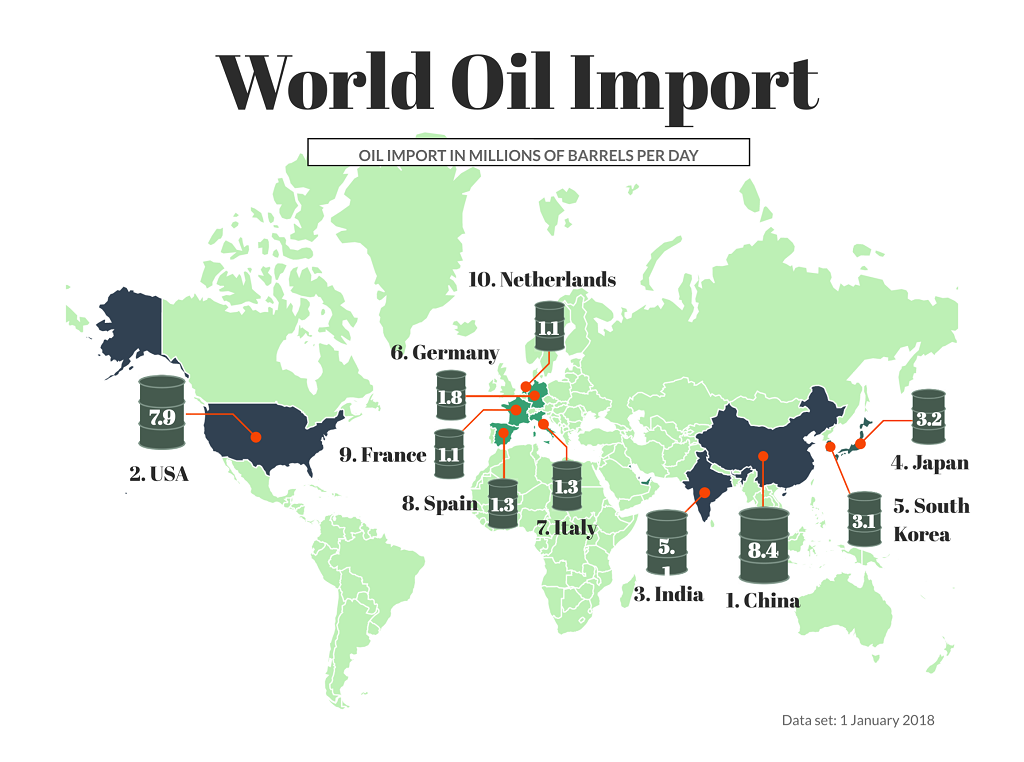
Because of the diverse objectives of their supporting governments, NOCs pursue goals that are not necessarily market oriented. They do not always have the incentive, means, or intention to develop their reserves at the same pace as investor-owned international oil companies. NOCs often provide fuels to their domestic consumers at a lower price than the fuels they provide to the international market. NOCs financially support government programs and sometimes provide strategic support. National oil companies (NOCs) operate as extensions of a government or a government agency, and they include companies such as Saudi Aramco (Saudi Arabia), Pemex (Mexico), the China National Petroleum Corporation (CNPC), and Petroleos de Venezuela S.A. Although these producers must follow the laws of the countries in which they produce oil, all of their decisions are ultimately made in the interest of the company and its shareholders, not in the interest of a government. IOCs typically move quickly to develop and produce the oil resources available to them and sell their output in the global market. As a result, IOCs tend to make investment decisions based on economic factors. International oil companies (IOCs), which include ExxonMobil, BP, and Royal Dutch Shell, are entirely investor owned and are primarily interested in increasing value for their shareholders. Each type of company has different operational strategies and production-related goals. Three types of companies supply crude oil to the global oil market. oil companies are Chevron and ExxonMobil. The other companies, often referred to as major oil companies, may have hundreds or thousands of employees and operate in many countries. Most of these companies are independent producers, and they usually operate only in the United States. In the United States, companies produce crude oil on private and public land and offshore waters. Governments and private companies play various roles in moving crude oil from producers to consumers. 288-309.Click to enlarge Different types of oil companies supply crude oil (2023), "Modeling and forecasting United States oil production along with the social cost of carbon: conventional and unconventional oil", International Journal of Energy Sector Management, Vol.

Kazemzadeh, E., Ahmadi Shadmehri, M.T., Ebrahimi Salari, T., Salehnia, N. KeywordsĪvailability of data and materials: The data sets used and/or analyzed during the current study are available from the corresponding author on reasonable request.įunding: This re/search did not receive any specific grant from funding agencies in the public, commercial, or not-for-profit sectors.Ĭompliance with ethical standards. Third, conventional and unconventional US oil production by 2030 is forecast separately, the results of this study could help policymakers to develop unconventional oil and plan for energy self-sufficiency. Second, given the importance of environmental issues, the modeling of social costs of CO 2 emissions per barrel of oil is also presented and considered as a part of oil production costs.

In this modeling, nonlinear relationships and feedback loops are presented to better understand the relationships between variables. The contribution of this study is important in several respects: First, by modeling SD that technical, economic, proven reserves and technology factors are considered, this paper models US conventional and unconventional oil production separately.


 0 kommentar(er)
0 kommentar(er)
